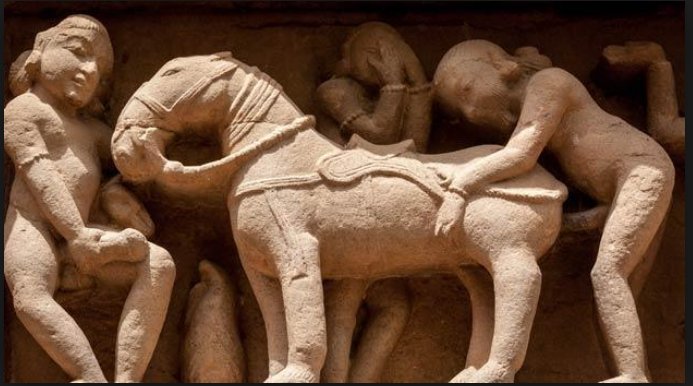MAN did not always know diplomacy; much less the need to, or the benefits of, conferring diplomatic immunities or privileges to visitors. In ancient times, emissaries of sovereigns who came to deliver messages -either of war or even of amity- were considered
In the 12th Century a particular Roman envoy who was sent to Tarentum in Southern Italy as a harbinger of war, was a little luckier; he was not killed. But he was urinated upon as he left the City, an act about which he even had the luxury of
whether between and among friends or foes,
The United Nations ‘Convention On Special Missions’ of 1969 permits states under international law to send special or ad hoc missions abroad on technical, political or other important matters of concern to the State.




